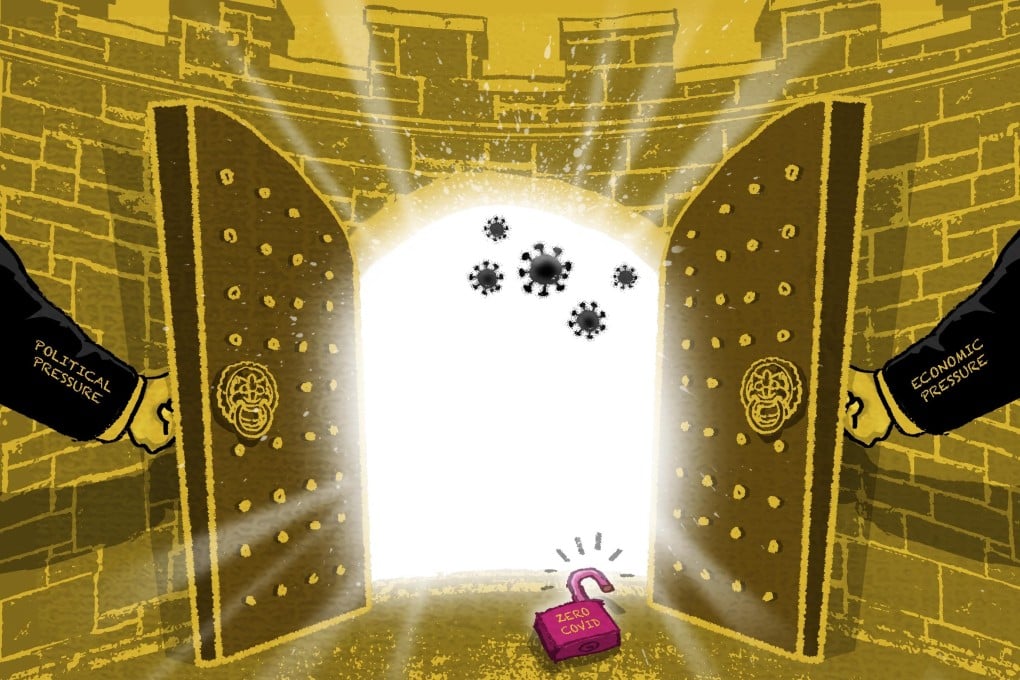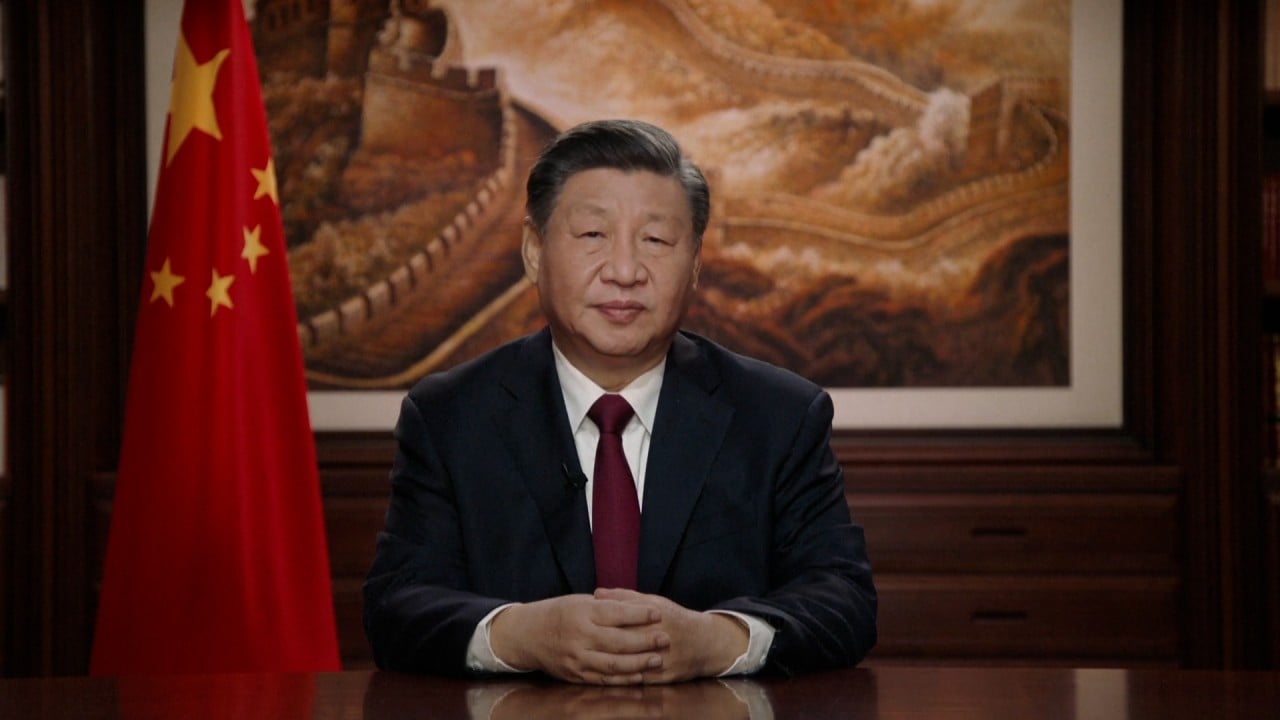How political and economic pressure led to Beijing’s abrupt U-turn on zero-Covid
- Xi acknowledged frustrations about pandemic-control policies at meeting in December
- Sources say leading cadres in major economic powerhouses reported dire situations

After three years of tough pandemic controls, China’s sudden U-turn on its zero-Covid policy last month has brought relief but also anxiety that the country is unprepared for the surge in cases. In the first of a five-part series on the policy change and its impact, William Zheng looks at the political factors behind Beijing’s decision to reopen.
In the last two months of 2022, the world watched in astonishment as China made an abrupt U-turn on its strict zero-Covid strategy, calling off three years of mass testing and lockdowns and becoming the last major economy to reopen its borders to the world.
The reopening, with no timetable or road map announced beforehand, also caught most members of the Chinese public, frontline medical workers and even local policymakers by surprise.
One health official said an earlier reopening plan would have seen the process start after the annual meetings of the national legislature and the country’s top political advisory body in March.

